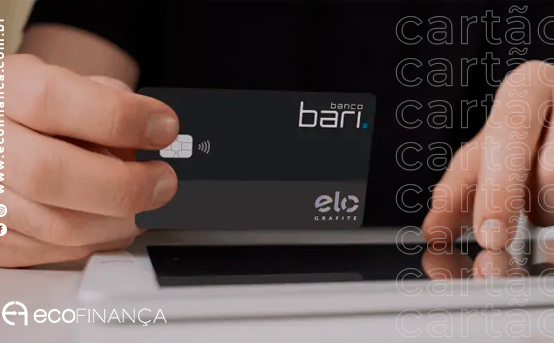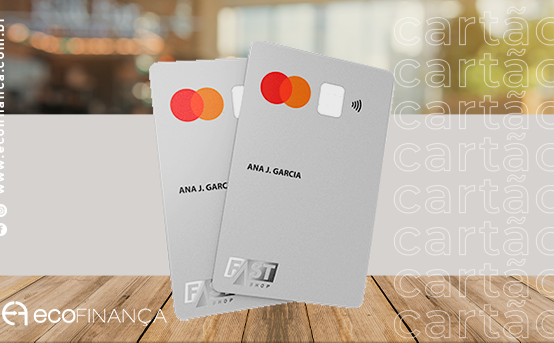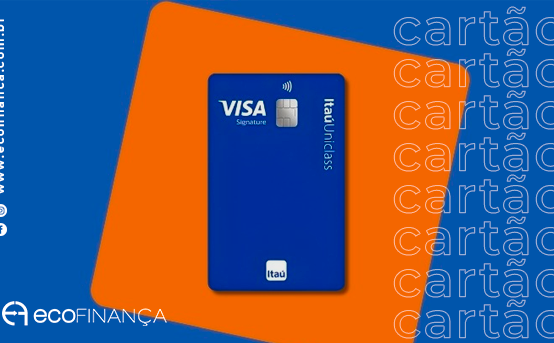Are you struggling to understand how your credit score works and how to improve it? Your credit score is crucial for securing loans, getting better interest rates, and even renting an apartment. By following these simple steps, you can boost your credit score in no time. Let’s explore what you need to know, from understanding your credit score to avoiding common pitfalls.
Understanding Your Credit Score

Your credit score is a crucial part of your financial health. A credit score is a number that represents your creditworthiness. It’s usually based on your credit history, which is a record of how well you handle debt. Credit scores range from 300 to 850, with higher scores indicating better credit.
The most important factors that affect your credit score are your payment history, credit utilization, and length of credit history. Payment history is simply whether or not you pay your bills on time. Credit utilization measures how much credit you’re using compared to your total available credit. Length of credit history considers how long you’ve had your credit accounts.
There are also other factors, such as the types of credit accounts you have and recent credit inquiries. Different credit bureaus use slightly different formulas, so your score may vary from bureau to bureau. By understanding these factors, you can take targeted actions to improve your credit score.
Proven Strategies to Boost Your Credit Score

Your credit score is a vital part of your financial health. To enhance it, you need to focus on timely payments. Set up reminders or use automatic payments to ensure you never miss a due date. Late payments can drastically harm your score.
Reduce your credit card balances by paying more than the minimum amount due each month. High balances can negatively impact your score, so aim to keep your credit card use below 30% of your credit limit.
Another effective strategy is diversifying your credit mix. Having a combination of credit types, like credit cards, mortgages, and auto loans, can benefit your credit score. Lenders appreciate seeing your ability to manage different types of credit responsibly.
Regularly check your credit report for errors. Mistakes on your report, such as incorrect credit limits or false late payments, can lower your score. Dispute any inaccuracies with the credit bureaus immediately.
Consider credit-builder loans. These are designed to help improve your credit score, especially if you have no credit history. Making timely payments on these loans can demonstrate your reliability to lenders.
Finally, avoid opening too many new credit accounts at once. Each application results in a hard inquiry, which can temporarily lower your credit score. Stick to key applications and ensure they are strategically planned.
Common Mistakes to Avoid with Your Credit Score

Many people unknowingly harm their credit score by making common mistakes. Avoid late payments, as they can significantly affect your score. Set up reminders or automatic payments to help ensure timely payments.
Another mistake is applying for too much credit in a short period. Each application may lead to a hard inquiry, which can lower your score. Instead, space out your credit applications.
Too much credit card debt relative to your credit limit is also detrimental. Try to keep your credit utilization below 30%. Monitoring your spending and paying off balances monthly can help in managing this.
Ignoring your credit report can lead to unaddressed errors. Regularly check your credit report for any inconsistencies or mistakes and dispute them if necessary.
Cancelling old credit cards might seem like a good idea, but it can decrease your overall available credit and increase your utilization rate. Keep older accounts open to maintain a longer credit history.



 Bari Elo: o cartão zero anuidade com muitos benefícios!
Bari Elo: o cartão zero anuidade com muitos benefícios!  Cartão Fast Shop Pay: Até 2% de cashback!
Cartão Fast Shop Pay: Até 2% de cashback!  Cartão Itaú Uniclass Signature: Benefícios e Exclusividades
Cartão Itaú Uniclass Signature: Benefícios e Exclusividades